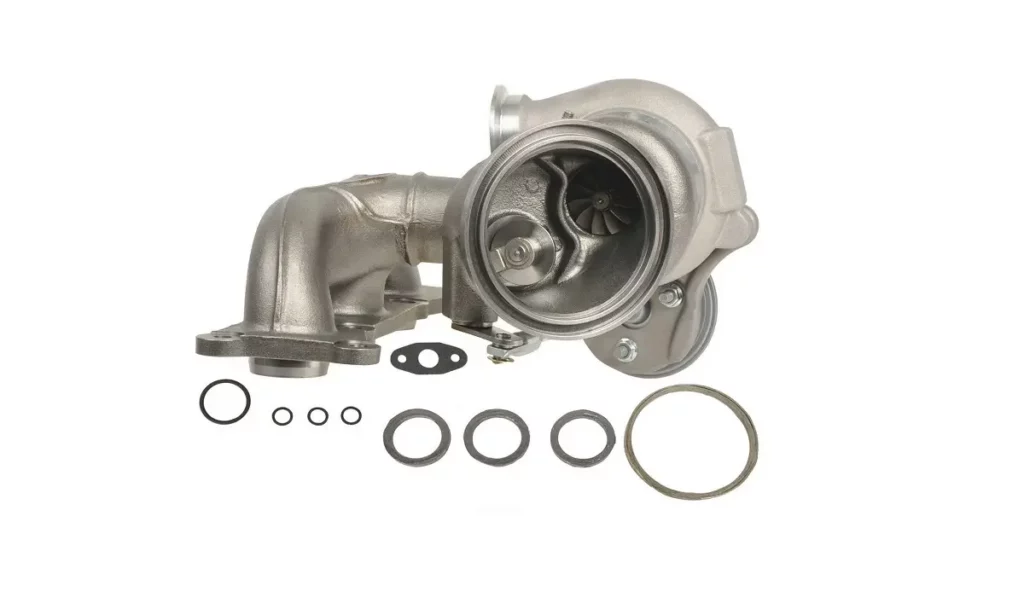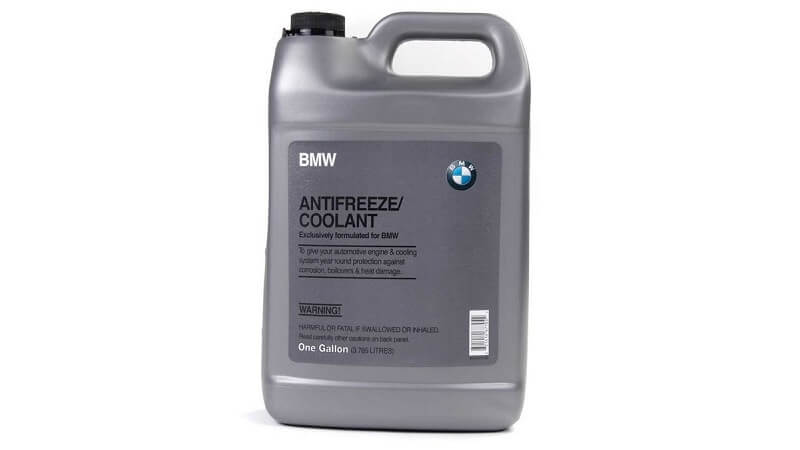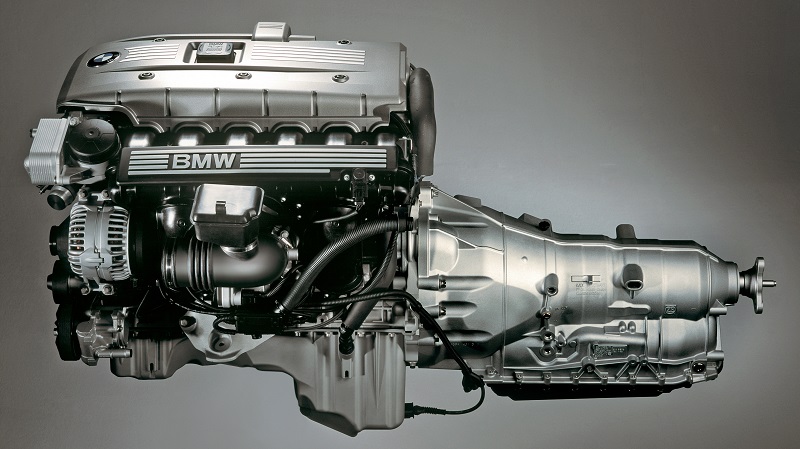If you’ve ever driven a car or been around engines, you may have heard the term “turbocharger” thrown around. But what exactly is a turbocharger, and how does it work? In this article, we’ll take a closer look at this fascinating piece of technology and explore how it can increase the efficiency and power of an internal combustion engine. Then, we’ll discuss what causes turbochargers to fail and what you can do about it.

What is a Turbocharger?
A turbocharger is a type of forced induction system that compresses the air entering an engine. This compressed air allows the engine to burn more fuel and air, which produces more power. Turbochargers are commonly used in high-performance vehicles such as sports cars, racing cars, and heavy-duty trucks.
How Does a Turbocharger Work?
A turbocharger is essentially a turbine-driven air compressor. It is connected to the engine’s exhaust system and uses exhaust gases to spin a turbine, which in turn drives a compressor wheel. This compressor wheel draws in air and compresses it before sending it to the engine’s intake manifold.
The compressed air is denser than the atmospheric air, which means more oxygen is present in the same volume of air. The engine’s fuel system is designed to add the right amount of fuel to the air to achieve the ideal fuel-to-air ratio for combustion. With a turbocharger, the engine can burn more fuel and air, which produces more power.
The turbine in a turbocharger is driven by the engine’s exhaust gases, which would otherwise be wasted. As the hot gases flow through the turbine, they spin the turbine blades and create rotational energy. This energy is transferred to the compressor wheel, which compresses the air and sends it to the engine.
Benefits of a Turbocharger
There are several benefits of using a turbocharger in an engine. One of the most significant advantages is increased power output. By compressing the air, a turbocharger allows the engine to burn more fuel and air, which results in a significant increase in horsepower and torque.
Another benefit of a turbocharger is increased efficiency. Because the engine can burn more fuel and air, it can produce the same amount of power with less fuel. This can result in improved fuel economy, which is particularly beneficial in heavy-duty trucks and other commercial vehicles.
Turbochargers can also improve the engine’s responsiveness. Because the turbocharger is driven by exhaust gases, it responds almost instantly to changes in throttle input. This is especially true for modern turbocharged engines that don’t suffer from the dreaded turbo lag. This means the engine can deliver more power when it’s needed, such as when accelerating or passing another vehicle.
Get quality turbochargers for your BMW!
Can You Fix a Bad Turbocharger?
It depends on the extent of the damage to the turbocharger. In some cases, a bad turbocharger can be repaired, while in others it may need to be replaced.
Minor issues with the turbocharger, such as a worn-out seal or a damaged hose, can often be fixed relatively easily. However, if the turbocharger’s components, such as the compressor or turbine, are severely damaged or worn out, it may be necessary to replace the entire unit.
Alternatively, a turbocharger can be rebuilt with new components, however this is often more expensive than simply replacing the entire unit. When it comes to buying a new turbocharger for BMW engines, it’s always recommended that you stick with genuine BMW parts, or known quality parts manufacturers. BMWs don’t respond well to eBay turbochargers.

In case of the N54 engines, there are several options on the market that can greatly reduce the cost of turbo replacement. One is Dorman, which is an OE manufacturer that is known for quality. Their 667-231 turbocharger is a direct replacement for BMW part number 11657649290 and others.

There are also brands such as Cardone that offer good quality replacement turbochargers at fairly cheap prices. The Cardone 2N-850 is a great example of one such turbocharger designed for the N54 engine.
Why Do Turbochargers Fail?
Turbochargers are precision-engineered components that are designed to withstand the high temperatures and pressures associated with forced induction. However, they can still fail due to a variety of reasons. Some of the most common reasons why turbochargers fail are:
Oil starvation
Turbochargers rely on a constant supply of clean oil to lubricate and cool their moving parts. If the oil supply is interrupted, contaminated, or inadequate, the turbocharger can quickly fail.
Oil Seal Failure
On some BMWs, like the ones that use the N54 engine, oil seal failure is among the most common causes of turbo issues. When oil seals fail, the oil enters the intake while potentially leaving the turbo without enough oil to operate properly. You can read more about this issue on our N54 turbocharger guide.
Oil Contamination
Contaminated oil can cause damage to the turbocharger’s bearings, seals, and other components, leading to premature failure. Common contaminants include dirt, debris, and metal particles.
Overboosting
If the turbocharger is producing too much boost pressure, it can put excessive strain on its components, causing them to fail. This can occur if the turbocharger is improperly tuned or if there is a problem with the wastegate or boost controller.
Foreign Object Damage
If foreign objects such as rocks, debris, or pieces of broken engine parts enter the turbocharger, they can cause severe damage to its components.
Improper Maintenance
Turbochargers require regular maintenance, including oil changes, filter replacements, and inspections. Failure to perform these maintenance tasks can cause the turbocharger to fail prematurely.
Get quality oil and filter kits for your BMW!
Heat Damage
Turbochargers operate at very high temperatures, which can cause the turbine and compressor wheels to warp or crack over time. This can lead to reduced performance or complete failure.
Mechanical Failure
Components such as the turbine or compressor wheel, bearings, seals, or housings can fail due to manufacturing defects or wear and tear over time.
Symptoms of Turbocharger Failure

There are several signs that could indicate a failing turbocharger on a car. Here are a few things you can look out for:
- Decreased Power and Acceleration: A failing turbocharger will result in a decrease in power and acceleration. The engine may struggle to reach high speeds or take longer to reach them.
- Engine Warning Light: If the turbocharger is failing, it could trigger the engine warning light on your dashboard. You’ll find various codes, including the dreaded 3OFF that many N54 owners are familiar with.
- Increased Exhaust Smoke: If you notice that your car’s exhaust smoke has increased or changed color, it could be an indication of a failing turbocharger. This is because a failing turbocharger can cause the engine to burn more oil, which can lead to increased smoke from the exhaust.
- Strange Noises: A failing turbocharger can also produce strange noises. You might hear a whistling or whining sound coming from under the hood, especially when accelerating.
- High Pitched Whine: A high-pitched whine may indicate that the bearings in the turbocharger are failing. This noise is often accompanied by a decrease in power and acceleration.
If you notice any of these signs, it is important to get your car checked as soon as possible.
Get Quality Turbochargers for your BMW at Bimmers.com!
A turbocharger is a fascinating piece of technology that can significantly increase the power and efficiency of an engine. By compressing the air entering the engine, a turbocharger allows the engine to burn more fuel and air, which produces more power.
With the benefits of increased power output, improved efficiency, and improved responsiveness, it’s no wonder turbochargers are commonly used in high-performance vehicles. If you’re looking for high-quality turbochargers or turbocharger parts for your BMW, you’re at the right place. Here at Bimmers.com, we offer a wide range of high quality turbocharger parts for a variety of BMW models. Head over to our store, select your vehicle and find a part that fits your car!





